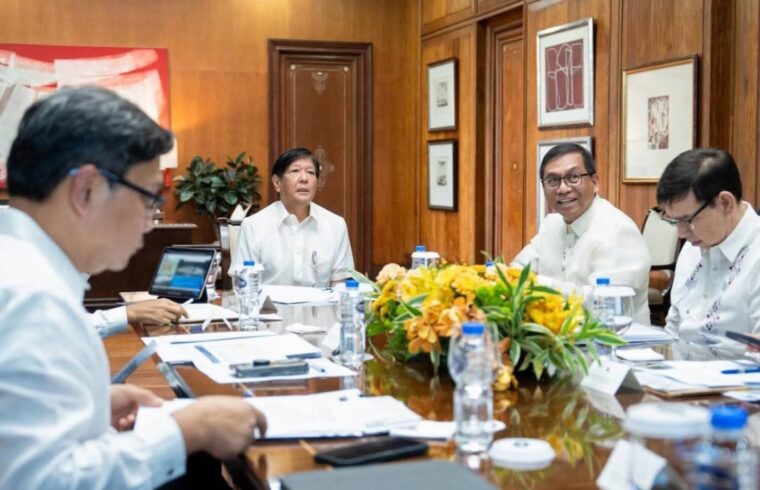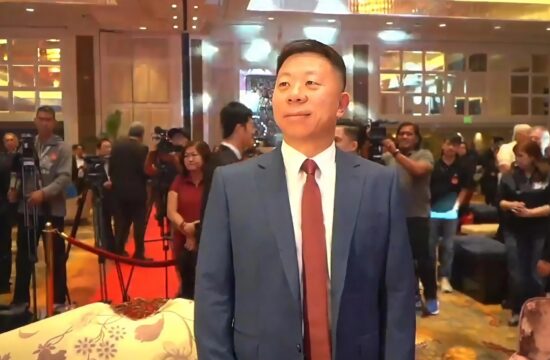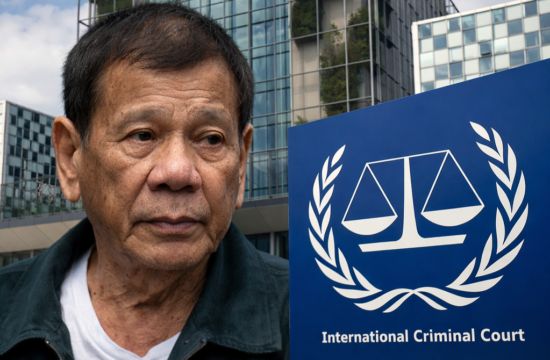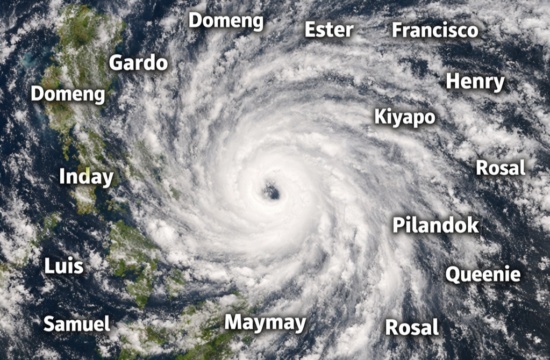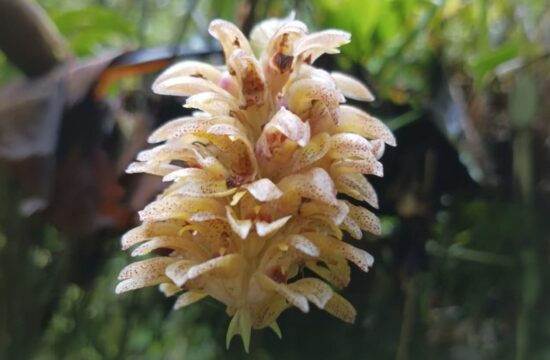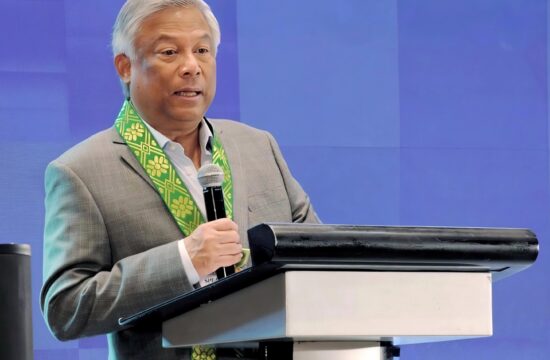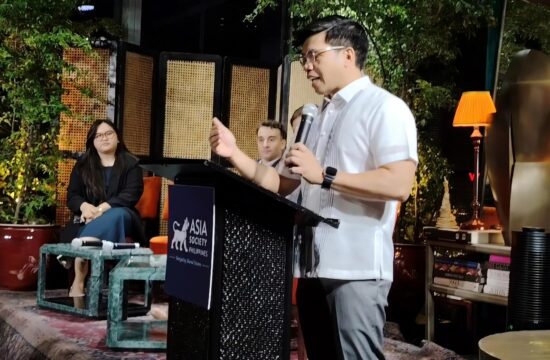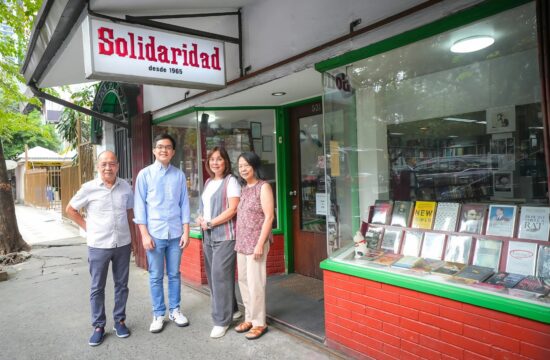President Ferdinand Marcos Jr. has signed into law Republic Act No. 12290, establishing the Virology and Vaccine Institute of the Philippines (VIP) as the country’s premier national institute for virology research and vaccine development.
Enacted on September 12, the measure places the VIP under the Department of Science and Technology (DOST). It will spearhead research on diagnostics, therapeutics and vaccines to counter viral threats to humans, animals and plants under the One Health Approach.
“The establishment of the VIP marks the country’s commitment to strengthen local capacities in preparing for and responding to public health threats such as pandemics and disease outbreaks,” DOST Secretary Renato Solidum Jr. said. “By building our capacities to face these threats, we protect the health and well-being of Filipinos, strengthen our economic resilience, and ensure sustainability.”
The Department of Health cites acute respiratory infections, influenza, chickenpox, dengue, hepatitis, and measles among the nation’s most common viral diseases. The VIP is also expected to address animal-borne threats such as African swine fever and avian influenza, as well as plant viruses like tomato leaf curl, which affects key crops.
Currently, the Philippines has no dedicated virology institution, said DOST Undersecretary Leah Buendia. “With the growing number of viral infections affecting people, livestock, and crops, the need for a state-of-the-art virology research center has never been more urgent,” she said.
The VIP’s mandate includes undertaking discovery programs in virology, advancing vaccine research, developing diagnostics and therapeutics, shaping evidence-based policies, forging international collaborations, and training experts.
To ensure coordination, the DOST will work with the Department of Health, Department of Agriculture, and other agencies. In its first five years, the institute will focus on expanding local research capacity and building the country’s knowledge base on viral strains.
DOST’s Philippine Council for Health Research and Development (PCHRD) executive director Jaime Montoya said the department will issue implementing rules and regulations within 90 days, following public consultations.

